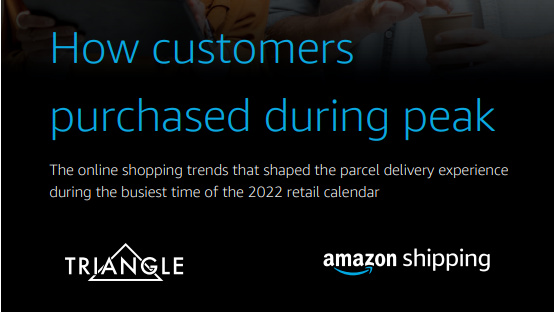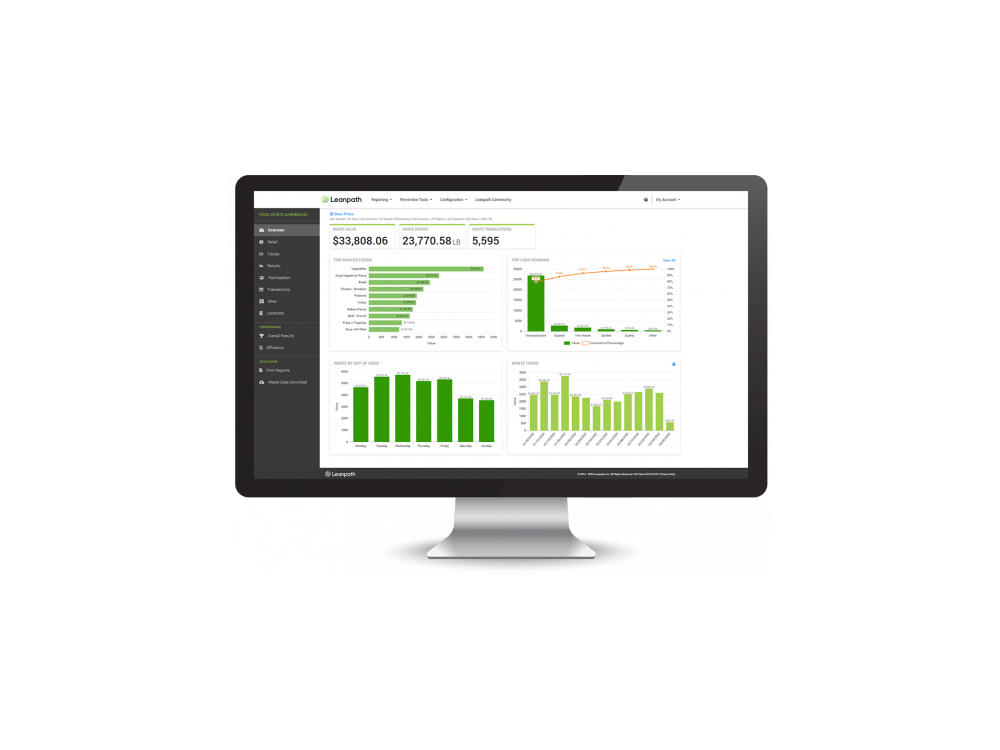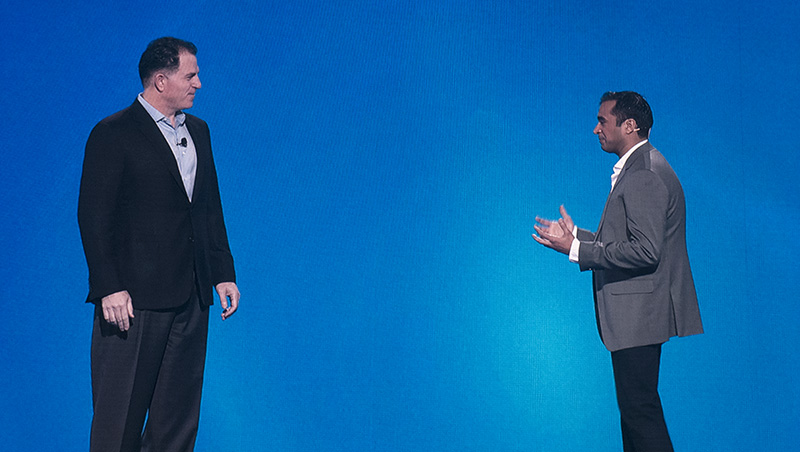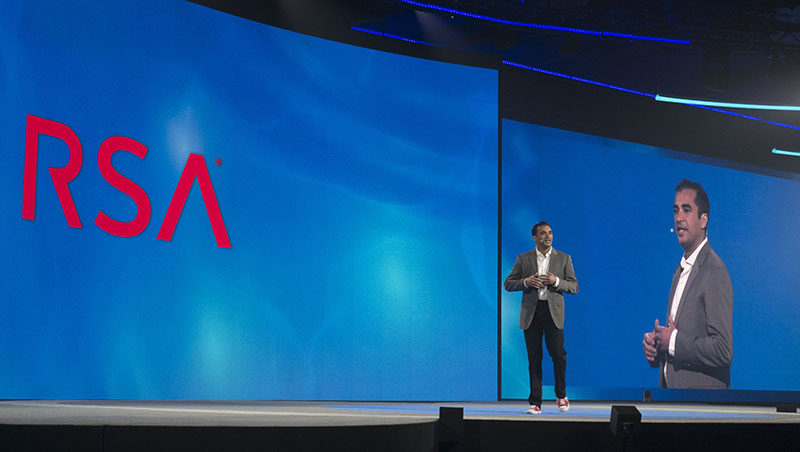ChewBacca malware steals data from retailers in 11 countries
RSA researchers uncover global malware operation that relies on ChewBacca keystroke logger.

RSA researchers have uncovered a global malware operation targeting several dozen retailers in 11 countries that relies on a private, key-logging Trojan called ChewBacca.
The discovery was announced in a blog post late last week by Yotam Gottesman, senior security researcher at RSA Firstwatch, where he confirmed payment and personal data may have been compromised by the scam.
RSA anti-fraud researchers have been in contact with victim companies at the centre of this operation, sharing key forensics information gathered in this investigation.
"RSA researchers uncovered the server infrastructure used in a global Point-of-Sale (PoS) malware operation responsible for the electronic theft of payment car and personal data from several dozen retailers, mostly based in the US," he wrote.
"Infection activity has also been detected in 10 other countries including Russia, Canada and Australia."
The malware used to power the scheme is a Tor-based example known as ChewBacca. Its existence was first flagged in December by a Kaspersky Lab researcher and it allows key strokes to be recorded and memory scanning to take place.
The Tor-based element of the malware conceals the IP addresses of the command and control severs ChewBacca's data is sent back to.
"RSA researchers discovered that, beginning October 25, it had logged track one and two data of payment cards it had scraped from infected PoS systems," the RSA blog post continued.
Sign up today and you will receive a free copy of our Future Focus 2025 report - the leading guidance on AI, cybersecurity and other IT challenges as per 700+ senior executives
"RSA anti-fraud researchers have been in contact with victim companies at the centre of this operation, sharing key forensics information gathered in this investigation."
The malware is a "simple" construct, the researchers said, that belies its ability to steal payment data, and retailers need to be on their guard against it.
"Retailers have few choices against these attackers. They can increase staffing levels and develop leading-edge capabilities to detect and stop attackers," the blog post states.
"They can encrypt or tokenise data at the point of capture and ensure that it is not in plaintext view on their networks, thereby shifting the risk and burden of protection to the card issuers and their payment processors."
-
 Preparing for peak: How customers purchased during peak
Preparing for peak: How customers purchased during peakwhitepaper The online shopping trends that shaped the parcel delivery experience during the busiest time of the 2022 calendar
-
 How Crew Clothing went mobile to turn around a struggling business
How Crew Clothing went mobile to turn around a struggling businessCase Study Mobile sales tech unleashed a tide of change, buoying further growth across the UK coast-inspired casualwear chain
-
 Going contactless with shoppers in a post-COVID world
Going contactless with shoppers in a post-COVID worldWhitepaper Retail guide
-
 Leanpath’s new tools help reduce food waste and costs
Leanpath’s new tools help reduce food waste and costsNews Impact Suite uses automated action plans to help kitchens address food waste issues
-
 Dell sells RSA security business to private equity firm
Dell sells RSA security business to private equity firmNews Cash deal worth £1.6bn expected to close within the next 9 months
-
 View from the Airport: RSA Conference 2017
View from the Airport: RSA Conference 2017Opinion Brace yourselves for the cyberpocalypse... or not
-
 Why complex security plans mar business-IT relationship
Why complex security plans mar business-IT relationshipNews Michael Dell talks security at first post-acquisition RSA Conference
-
 C-suite and IT must collaborate for safer businesses
C-suite and IT must collaborate for safer businessesNews "Business-driven security" is the name of the game at RSA Conference 2017

